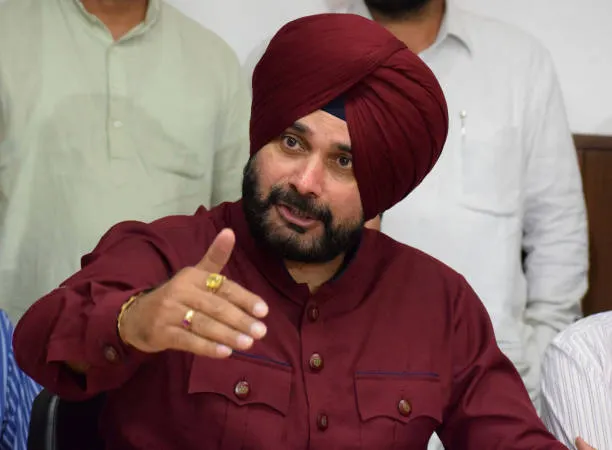
Former India cricketer and commentator Navjot Singh Sidhu has launched a scathing critique of the team’s Test selection strategy, specifically targeting the inclusion of players like Shardul Thakur. Ahead of the Manchester Test, Sidhu questioned the logic behind fielding what he termed “bits-and-pieces” cricketers—players who neither specialize in batting nor bowling—arguing that such selections weaken the team’s balance in the most demanding format.
Sidhu’s comments were sparked by India’s decision to bring in Shardul Thakur in place of the injured Nitish Kumar Reddy. Thakur, often viewed as a bowling all-rounder, has played a stopgap role in the side for some time, but Sidhu believes his presence undermines the principle of having specialists who can decisively influence a match.
“Bits-and-pieces cricketers can be handy in limited-overs cricket, but in Tests, you need genuine specialists,” said Sidhu. “If you don’t trust a bowler enough to give him full spells or a batter to hold the innings, why pick him at all? That No. 8 slot should either be a proper fast bowler or someone with the ability to bat long.”
In the recent Tests, Thakur’s contributions have been modest. While he has chipped in with the bat and occasionally picked up wickets, his role has appeared inconsistent. During the Headingley Test, Thakur was given a very limited bowling role despite conditions that could have supported seamers. At Old Trafford, he batted at No. 7 but was again underutilized with the ball—raising questions about selection intent and tactical clarity.
Sidhu further emphasized that Test cricket, especially overseas, demands clear roles and defined responsibilities. “You can’t afford compromises. One player who’s not fully effective in either department becomes a liability, not an asset. England or Australia won’t let you get away with soft picks,” he warned.
This isn’t the first time Indian selection policies have drawn flak. Several former cricketers, including Sanjay Manjrekar and Ravi Shastri, have echoed similar sentiments in recent months, urging selectors to prioritize pure performers. The inclusion of multi-utility players is often seen as a way to boost depth, but critics argue it dilutes the sharpness of the XI in Tests.
Statistically, Thakur’s Test numbers are serviceable but not standout. His batting average hovers around the mid-20s, and his bowling average remains on the higher side for a frontline seamer. While he’s had memorable spells—such as his heroics at the Gabba and crucial breakthroughs in England—his overall consistency has been questioned.
Sidhu’s remarks come at a crucial juncture in the India-England Test series, where every selection choice is under scrutiny. With young bowlers like Mukesh Kumar and specialist batters waiting in the wings, the pressure on India’s think tank to make bold, clear-headed decisions is mounting.
As India looks ahead to the remaining matches, Sidhu’s criticism serves as a reminder of Test cricket’s uncompromising nature. Specialists win you sessions—and, eventually, matches. Bits-and-pieces contributions might just not be enough.

